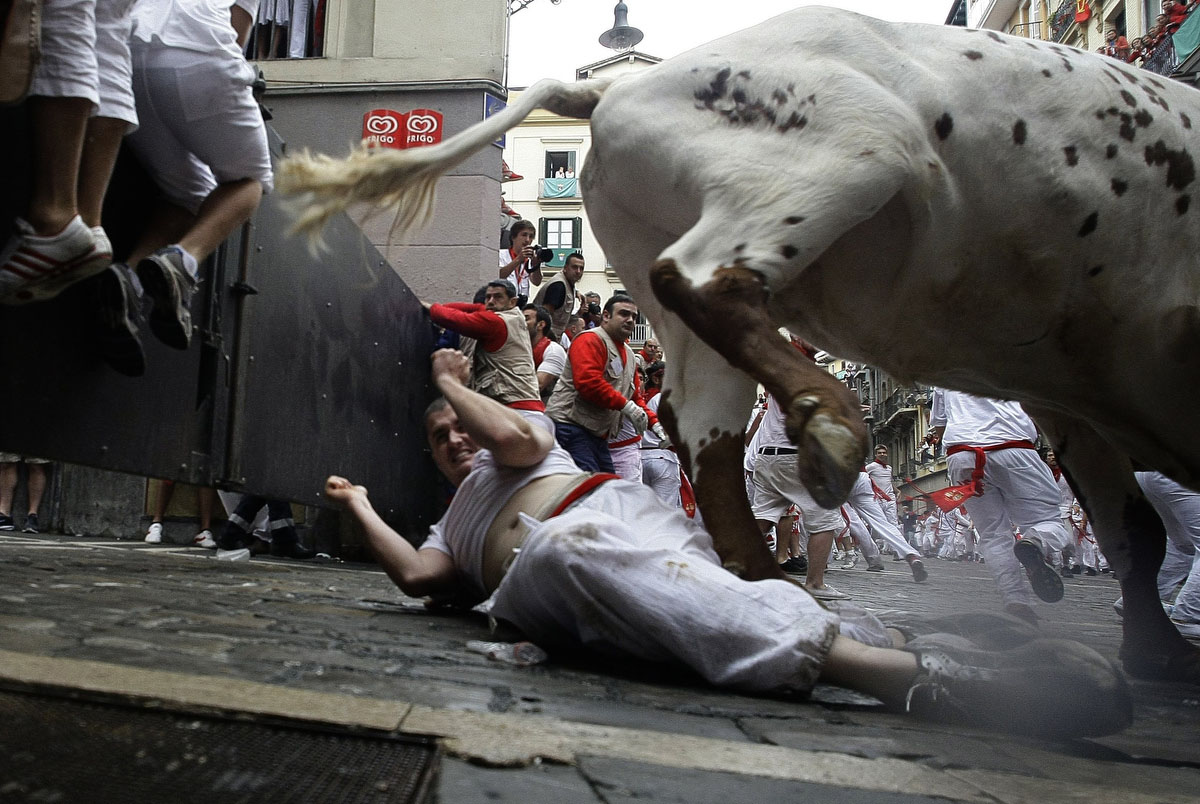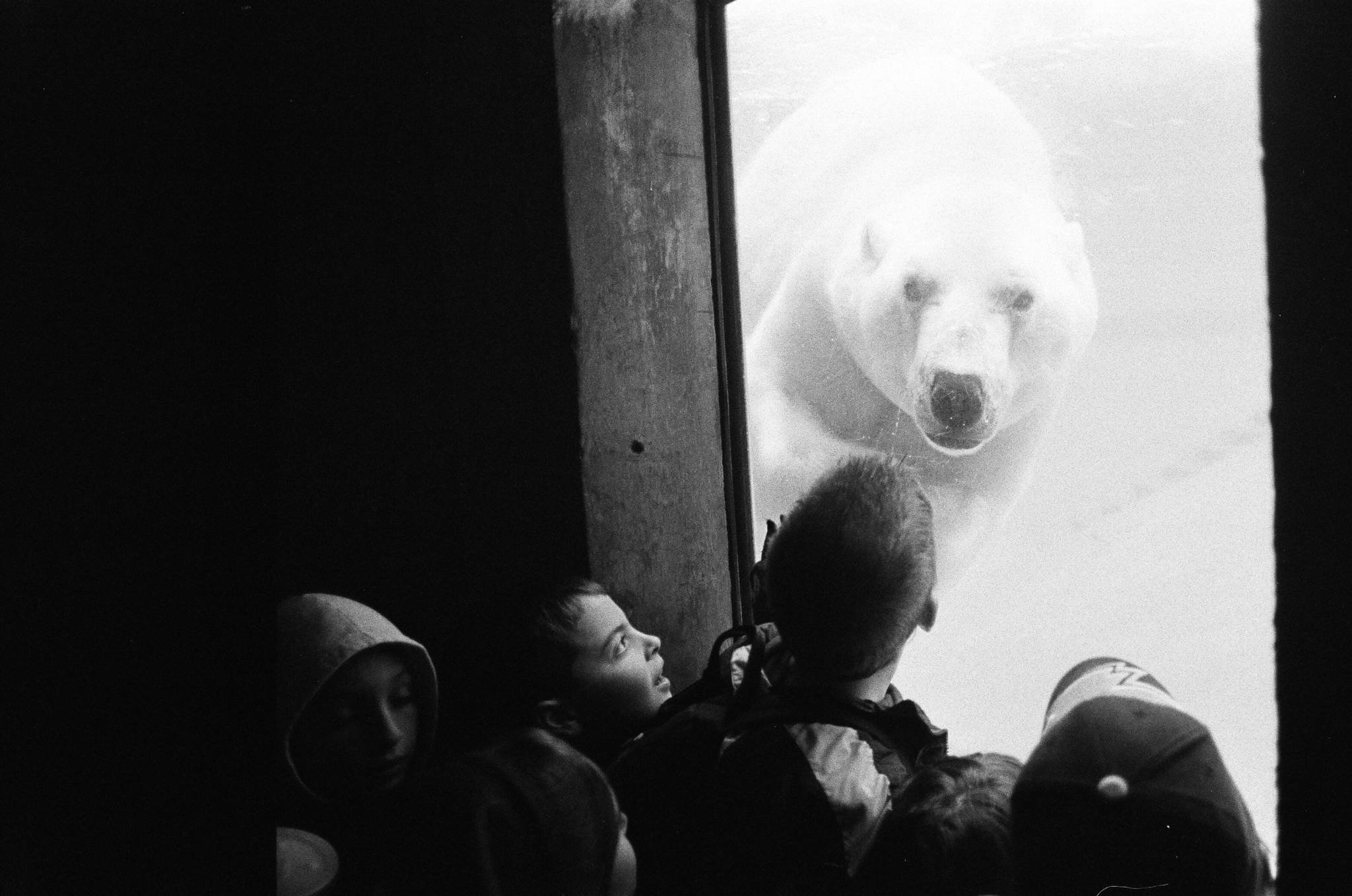by Ben Carlson, A Wealth of Common Sense
There are many market analogies and cliches that can actually be useful, but there are plenty that are useless or could use some context. Here are two phrases I hear all the time that I could do without.
“The easy money has been made.” The Warren Buffett Way by Robert Hagstrom was published in 1994. By this time Buffett was a well-known commodity to those in the investment world and he was famous for building his fortune as an investor, but this book introduced Buffett to a wider audience than ever. It remains one of my favorite books on Buffett to this day because it encompasses all of the main points you need to learn from The Oracle – his principles, how he developed his strategy over time, the importance of psychology and emotional intelligence and lessons from some of his best and worst investments.
I’m sure there were many readers who bought this book at the time who said to themselves, “The easy money has been made. Why would I buy Berkshire now?” I probably would have thought the same thing after seeing that Buffett had compounded Berkshire Hathaway’s shares at over 29% per year since 1965. This would have been a mistake. Since 1994 Berkshire has risen 13.3% per year against the S&P 500’s 9.2% annual return.
In his latest missive that came out yesterday Howard Marks wrote, “When you look at the chart for something that’s gone up and to the right for 20 years, think about all the times a holder would have had to convince himself not to sell.”
The financial markets are never easy. This is true of both gains and losses. Things only appear easy in hindsight.
“I’ve seen this movie before and it ends badly.” Cocktail, with Tom Cruise, is one of my all-time favorite movies from the 1980s. Cruise’s character, Brian Flanagan has a great line in the movie when he says, “Everything ends badly, otherwise it wouldn’t end.”
Many in the financial industry use this phrase to try to scare investors. And I understand the idea behind it. No investment goes up in a straight line forever, as young Flanagan so eloquently points out. But many fear-mongering pundits make it sound like when the markets eventually fall that the entire system is going to collapse.
All right everyone, it finally happened. Things ended badly. Let’s all go home. The markets are closed for good. Everyone settle your profits and losses. Someone turn out the lights.
There’s no end point in the the markets. Individual companies can go out of business but the markets don’t stop because there’s a crash. Markets are cyclical. They go up and down. That’s how cycles work. Going back to the late-1920s there have been over 20 bear markets where stocks fell in excess of 20%. That means it’s happened roughly once every four years, on average. Bull markets end and often in spectacular fashion, but life and the markets go on.
Yes these periods are painful, but many talking heads make it sound like the world is going to come to an end when markets crash. One of the hardest lessons for people to learn is that a market crash can be one of the best things to happen to you as an investor, provided you have the capital, time horizon and courage to take advantage when stocks go on sale.
No one ever says, “I’ve seen this movie before and it ends with higher dividend yields, lower prices, better valuations and higher expected returns.”
But that’s a more accurate assessment that’s actually helpful to investors.
Further Reading:
Words and Phrases That Should Be Banished From Finance
The Most Overused Analogies in Finance
Subscribe to receive email updates and my monthly newsletter by clicking here.
Follow me on Twitter: @awealthofcs
Copyright © A Wealth of Common Sense











